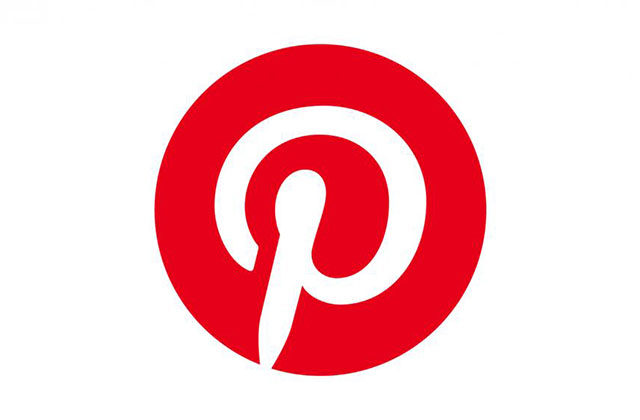
Social media website Pinterest has been accused of banning Bible verses and other Christian terms in its search engine.
A new report on the media platform with over 291 million active users found that several Christianity-related terms were assigned an “abusive,” “sensitive,” and “brand unsafe” value.
These findings were released by Project Veritas, which seeks to investigate and expose corruption, dishonesty, self-dealing, waste, fraud, and other misconduct in both public and private institutions in order to achieve a more ethical and transparent society.
“Project Veritas has received and published documents from an insider at Pinterest,” the website reported Monday. “The documents, which include product code, Slack messages, and internal policies, reveal terms and websites that Pinterest apparently censors.”
In an excerpt of a video interview with Veritas Founder James O’Keefe posted to Twitter, the whistle-blower who works for Pinterest explained how the company censors Christian content in their search program.
“When I type in the word ‘Christian’ and something interesting happens,” O’Keefe told the insider who remains off camera and whose voice is disguised.
“‘Christian,’ the insider explains, “is being blocked from auto-complete.”
“The documents we obtained raise questions about whether or not these tech companies really operate like neutral platforms, as opposed to publishers with editorial agendas,” O’Keefe said.
When Project Veritas asked Pinterest for a comment on the story, a company spokesman provided the following statement.
“Religious content is allowed on Pinterest, and many people use our service to search for and save Pins inspired by their beliefs. To protect our users from being targeted based on personal characteristics such as their religion, we have policies in place so that ads and recommendations don’t appear alongside certain terms.”
When asked why he came forward, the whistleblower told O’Keefe: “I think when public policies don’t match with how social media companies are actually implementing them, people have a right to know, people have a right to that transparency. And the thing is one person can make all the difference… one person can bring transparency to big tech.”
“I was pretty surprised,” said the Pinterest insider, when s/he discovered that pro-life group LiveAction.org was added to a “porn domain block list.”
The insider explained that the “block list” was intended to be a collection of pornographic websites that Pinterest uses in order ensure that pornography cannot be posted. LiveAction.org is not a pornographic website, instead it is the web domain of a prominent pro-life advocacy group.
Project Veritas reviewed the list of websites from the “porn domain block list” and was able to confirm that along with LiveAction.org, websites like zerohedge.com, pjmedia.com, teaparty.org and other various conservative websites were also listed.
Pinterest suspended Live Action’s account after this report of bias came out.

